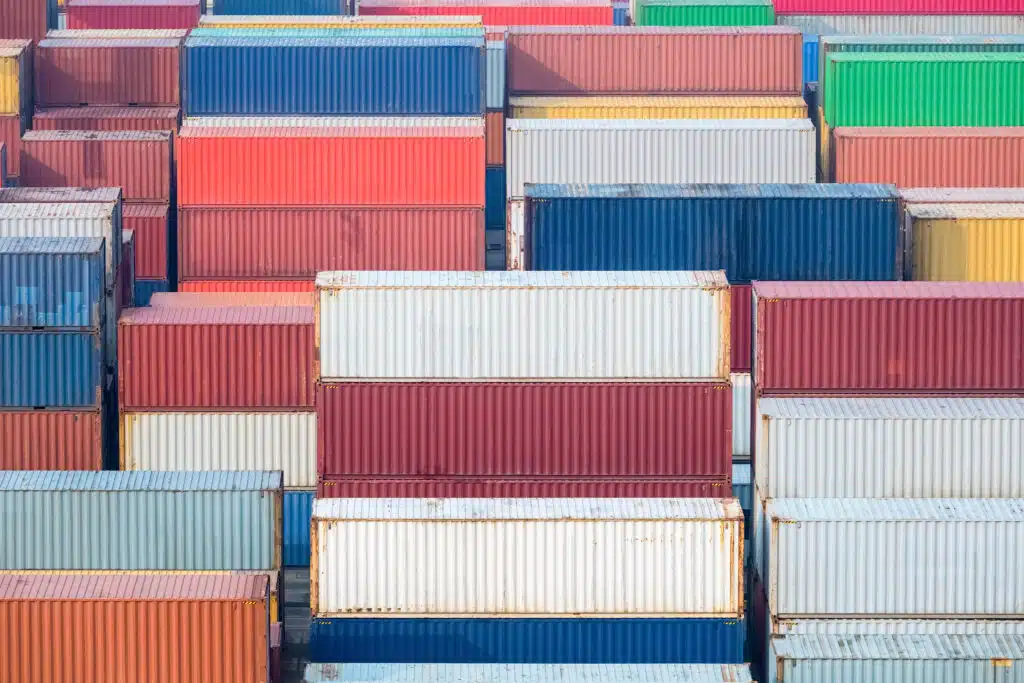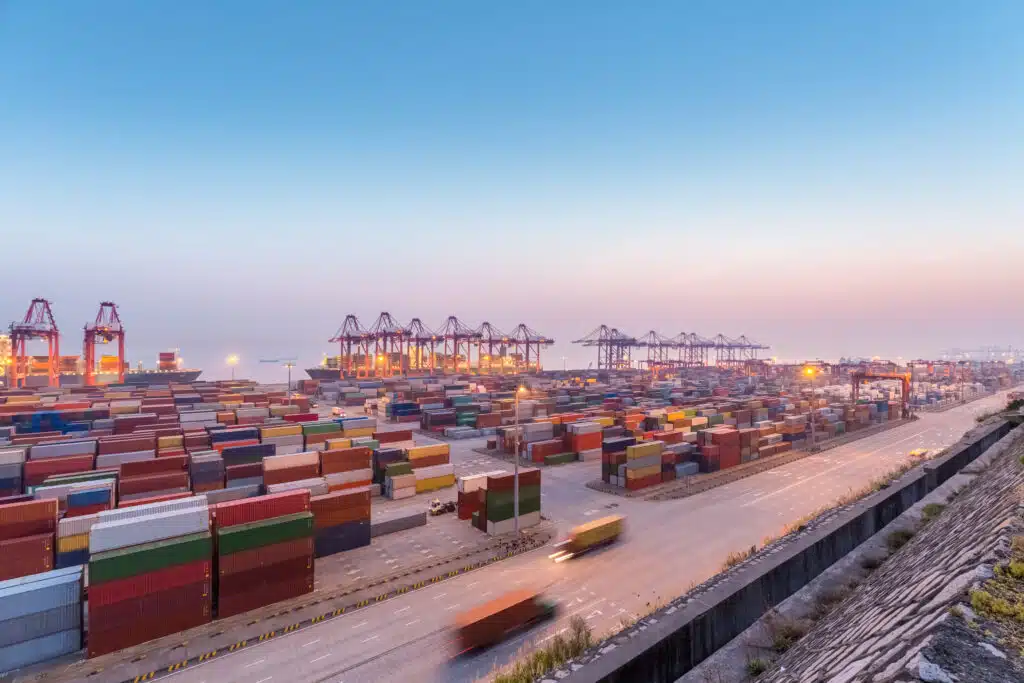In today’s global economy, many businesses are faced with the challenge of finding the right suppliers to manufacture their products. Companies must weigh their options when it comes to outsourcing, offshoring, or nearshoring their manufacturing. Each of these options has its benefits and drawbacks, so it’s essential to understand the differences and determine which option is best for your business.
Outsourcing
Outsourcing is the process of hiring a third-party company to perform a specific task or service. This can range from customer support to manufacturing. When it comes to outsourcing manufacturing, businesses typically turn to suppliers in countries with lower labor costs. The primary benefit of outsourcing is cost savings. Companies can benefit from economies of scale and focus on their core competencies while leaving the manufacturing process to the experts.
However, outsourcing also has some drawbacks. One of the main concerns is quality control, as the business does not have direct control over the production time and process. There is also the issue of distance and communication barriers that may cause delays or misunderstandings.
Outsourcing Pros:
- Cost savings: Outsourcing can be a cost-effective way to perform non-core business functions, as companies can take advantage of the economies of scale offered by third-party providers.
- Flexibility: Outsourcing allows companies to focus on their core competencies and leave non-core functions to experts in those areas.
- Access to specialized skills: Outsourcing can help businesses gain access to specialized skills and expertise that may not be available in-house.
Outsourcing Cons:
- Quality control: One of the main concerns with outsourcing is quality control, as businesses do not have direct control over the production process.
- Communication barriers: Distance and communication barriers can cause delays or misunderstandings in the outsourcing process.
- Security risks: Outsourcing can pose security risks, as sensitive data may be shared with third-party providers.


Offshoring
Offshoring is similar to outsourcing, but the difference is that businesses set up their own manufacturing facilities in a foreign country. This allows companies to have greater control over the manufacturing process and reduces the risks associated with outsourcing.
The primary benefit of offshoring is greater control over the production process, which can lead to improved quality and greater flexibility. Additionally, businesses can take advantage of lower labor costs and other benefits of operating in a foreign country.
However, offshoring also has some significant drawbacks. Setting up a manufacturing facility in a foreign country can be a complicated and costly process. There are also cultural and language barriers that businesses must overcome to operate effectively. Finally, there is the risk of political instability, which can disrupt production and impact the supply chain.
Offshoring Pros:
- Greater control: Setting up manufacturing facilities in a foreign country can give businesses greater control over production.
- Lower costs: Offshoring can be a cost-effective way to take advantage of lower labor costs in foreign countries.
- Access to new markets: Offshoring can help businesses access new markets and expand their global presence.
Offshoring Cons:
- Complicated and costly: Setting up a manufacturing facility in a foreign country can be a complicated and costly process.
- Cultural and language barriers: Cultural and language barriers can make it difficult for businesses to operate effectively in foreign countries.
- Political instability: Political instability in foreign countries can disrupt production and impact the supply chain.
Nearshoring
Nearshoring is the practice of outsourcing manufacturing processes to companies in nearby countries. This can include countries in the same region or even neighboring countries. The primary benefit of nearshoring is that businesses can take advantage of lower labor costs while also reducing the risks associated with outsourcing and offshoring.
Additionally, nearshoring allows for greater communication and collaboration between the business and the supplier. This can lead to improved quality control and faster turnaround times.
Nearshoring Pros:
- Lower costs: Nearshoring allows businesses to take advantage of lower labor costs in nearby countries while reducing the risks associated with outsourcing and offshoring.
- Greater communication: Nearshoring allows for greater communication and collaboration between the business and the supplier, leading to improved quality control and faster turnaround times.
- Reduced environmental impact: Nearshoring can help reduce the environmental impact of manufacturing by reducing transportation costs and emissions.
Nearshoring Cons:
- Limited talent pool: Businesses may have a limited talent pool to choose from in nearby countries.
- Higher costs than outsourcing: Nearshoring can be more expensive than outsourcing due to higher labor costs in nearby countries.
- Limited language proficiency: There may be language barriers between the business and the supplier in nearby countries, leading to miscommunications.


The Best Alternative
The best alternative for a private label business in Europe depends on several factors, including the company’s specific needs and goals. However, nearshoring is often the preferred option for private label in Europe. This is because nearshoring allows businesses to take advantage of lower labor costs in nearby countries while also reducing the risks associated with outsourcing and offshoring.
Nearshoring also offers several other advantages, such as better communication and collaboration between the business and the supplier, leading to improved quality control and faster turnaround times. Additionally, nearshoring can help reduce the environmental impact of manufacturing by shortening the supply chain and reducing transportation costs and emissions.
Overall, nearshoring offers a balance between cost savings, quality control, and accessibility, making it a popular choice for private label businesses in Europe. With Wonnda’s B2B platform, private label businesses can easily find trusted and verified suppliers across Europe, regardless of whether they choose to nearshore, outsource, or offshore their manufacturing processes.


Wonnda: The Best Solution for Private Label Sourcing in Europe
When it comes to finding the right supplier for your business, Wonnda is the perfect solution. Wonnda is a B2B platform that connects brands with trusted and verified suppliers in the consumer goods industry. With more than 80% match rate between buyers and suppliers, Wonnda ensures that businesses can find the right supplier for their specific needs.
One of the unique features of Wonnda is that brands can order samples right within the platform, allowing them to test and evaluate products before committing to a supplier. Additionally, Wonnda’s full software suite facilitates the collaboration process and eliminates errors, allowing products to be launched faster and cheaper.
In conclusion, when it comes to outsourcing vs. offshoring vs. nearshoring, there is no one-size-fits-all solution. Each option has its benefits and drawbacks, and businesses must carefully consider their specific needs before making a decision. However, with Wonnda, brands can access a wide range of trusted and verified suppliers,